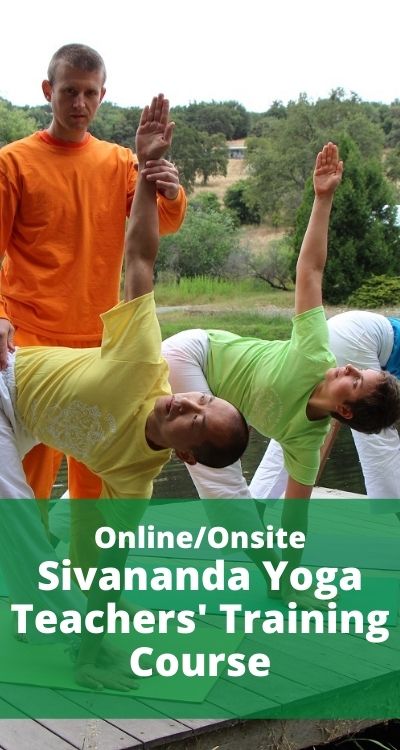Yoga Psychology
Yoga Psychology analyzes the different mental states in order to find ways to overcome the mind by the mind itself to find Peace, Bliss and True Freedom.
Yoga Psychology understands that the mind is only our instrument of perception and it is not ultimately ourselves. Therefore improving the quality of the instrument of perception will improve our outlook on ourselves and the world around.
This will ultimately lead us to a clearer vision, balanced state of mind, connection to our purpose and Moksha (freedom).
Concentration
Concentration (Vikshipta state of mind) is the mental process of gathering of the thought waves, in other words, of letting go of distractions.
The waves of the mind-lake and the tendency to be distracted are still there but there is an attempt to remain focused and not to completely lose oneself.
Yoga Psychology states that if we can remain in that concentrated state of mind, we will get to Ekagrata, the one-pointed, super concentrated state of mind. That super concentrated state of mind can not come if we did not consciously commit and recommit ourselves to choose the real Self as opposed to the distractions or illusions.

Super Conscious Mind
In that super conscious state of mind, we can eventually transcend totally the waves of the mind – the illusory projections, desires and reactions- and move from that one conscious thought of “I” to the state of being merged with the background of thought, which is this ocean of uninterrupted, unconditioned bliss.
This is a sentence charged of meaning. We would need to understand this very clearly.
- You cannot go from the scattering (kshipta) distracted state of mind to the absolute stillness – absorbed (niruddha) state.
- From the jumping state you can’t go directly to the suspension of thought, perfect contentment or to the state of one-pointedness of purpose and of Self.
- You must first go through the gathering state, vikshipta.
- You have to calm down and gather your thoughts.
Why can’t people do this? Right there you have a hurdle.
You know the mind is jumping, so why can’t you just come to a one-pointed state? Why is it so difficult?
Vedanta
In Yoga Vedanta we say it is because of the illusion of something external from you. This illusion of the external is a projection, which is due to a lack of understanding and conviction. The proof of this is that we are not happy.
We get what we want but then we go after another thing, acquire it, and then again go after something else, and still we are not happy. We think this is the normal kind of thing, a normal state, just “life”.
If you sit still for a moment, you will see that this is dissatisfying and draining. You get what you want but it doesn’t last.

Peace of Mind
You have to come to understand that what you truly want is peace of mind or happiness, but that you are going about it in the wrong way.
We are not ready to move from the jumping state to the reducing of our desires or the calming vikshipta, gathering state. We think we will miss out on life if we become focused, if we become committed to something.
It is what our society lacks, a sense of commitment. This is the so-called freedom that we grew up with that says, “If I don’t like something I can dump it and move on to something else.”
Never committing to anything is the general mindset. When you don’t commit to things it makes the mind jumpy and because the mind is so conditioned, it does not know how to gather itself, and thus we are lost in our own self created illusions.
Conclusion
By understanding our different mind states and consciously letting go and focusing and refocusing, committing and recommitting, forgetting every distraction and remembering the Self, we can get to what we truly want. Paradoxically, we would have to surrender our sense of freedom to do what we like and keep our mind one pointed , in order to be free.
© Swami Sitaramananda 2019 No part of this article may be reproduced in any form without the written permission of the author.




